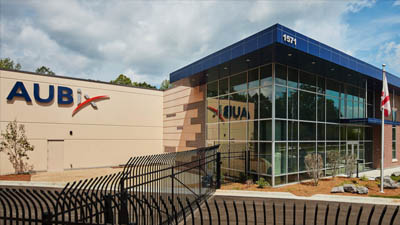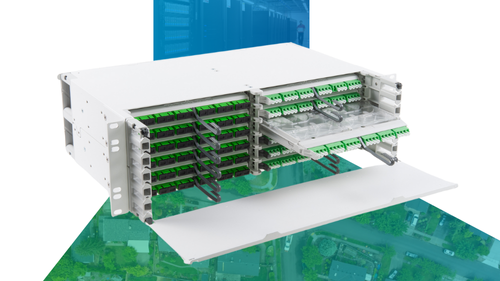 On any given weekend, I have two favorite college football teams. Not possible, you say? The word “favorite” doesn’t allow multiple choice? It does, and I will explain the conditions a bit later. I also occasionally apply this conditional logic to what is “best,” and that brings me to networks and a common question: “Which is better, FTTH (fiber to the home) or HFC (hybrid fiber coax)?”
On any given weekend, I have two favorite college football teams. Not possible, you say? The word “favorite” doesn’t allow multiple choice? It does, and I will explain the conditions a bit later. I also occasionally apply this conditional logic to what is “best,” and that brings me to networks and a common question: “Which is better, FTTH (fiber to the home) or HFC (hybrid fiber coax)?”
What seems like a simple enough inquiry is a quick step into questions of economics, technology, operations and strategy. Let’s look at each of these areas and how they could sway an argument to HFC or FTTH. First, economics. In a greenfield area, both HFC and FTTH require cables, closures, splicing and equipment (active or passive). Both typically require a mix of aerial and underground construction. Many economic models exist, but in a true greenfield FTTH can be similar in cost, or even less than HFC. In a brownfield extension to existing HFC, a switch to FTTH is more expensive.
Second, technology doesn’t help us choose a clear winner either. If the measure of success is connection speed, both HFC and FTTH can offer Gigabit speeds. Upstream speeds have traditionally favored FTTH, but DOCSIS continues to bring enhanced performance in both upstream and downstream. Fiber is certainly the clear winner in current capability, offering 10 GBps or more, but again, DOCSIS and the promise of full-duplex capacity is closing the gap. Operations has been a proponent of FTTH, due to the wholly passive design of FTTH plant, a benefit when calculating potential OPEX. HFC networks too are pushing toward more passivity, so the OPEX story continues to evolve.
CLICK TO TWEET: When it comes to HFC and FTTH, which is better? Should we play favorites? CommScope's Mark Alrutz has a great analogy for you.
That leads us to the final point to compare: strategy. Taking a strategic view of the network, we need to ask what future services may be supported. Wireless convergence is a likely candidate, and it requires three simple attributes: power, backhaul and site. For example, a 5G or LTE densification solution will utilize many small radios, which each require power to operate, backhaul to connect to the cloud and a site to locate them. A pure FTTH network can provide site access and backhaul, but no access to power. HFC on the other hand, can provide a significant advantage with all three.
FTTH or HFC, which is best? There are economic, operational, technological and strategic arguments for both. The best solution for you will require a careful analysis of each of these areas, and may not yield an answer as clear as a favorite college team. You may end up with two favorites, like (1) my alma mater, Georgia Tech, and (2) whomever is playing our rival, the University of Georgia. Go Jackets.














